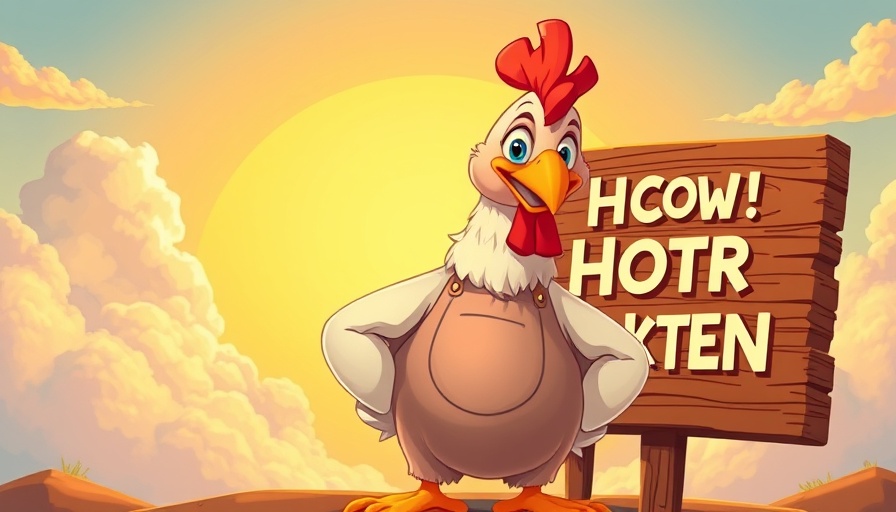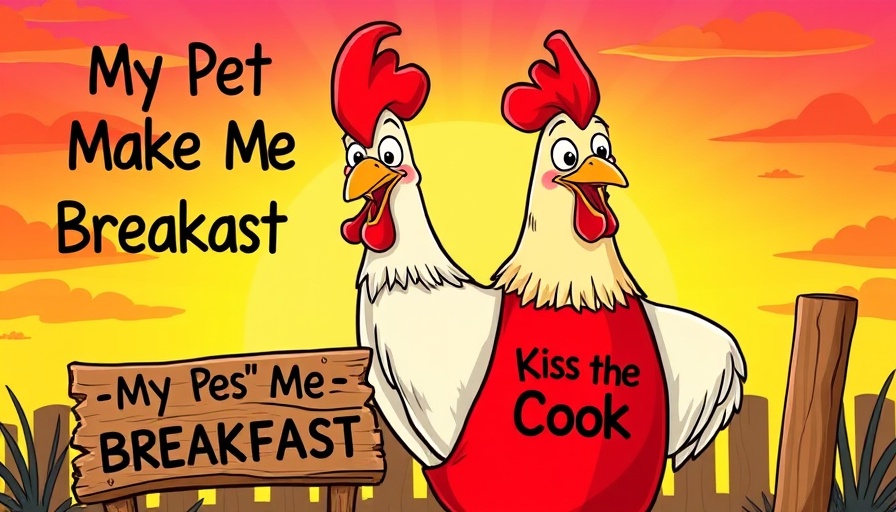Understanding the Dangers of Rat Poison in Your Environment
While it may seem like a straightforward solution to pest control, the use of rat poison poses significant dangers, particularly for bird owners and those living in proximity to avian populations. Rodenticides, commonly employed to combat rodent infestations, can be harmful not just to rats but also to other wildlife, pets, and birds. Exposure to these poisons can lead to severe health issues and even fatalities in non-target species.
Health Risks for Birds and Pets
The primary active ingredients in many rat poisons, including anticoagulants like brodifacoum and bromadiolone, can disrupt the blood clotting process in animals that ingest them. This can have catastrophic consequences for birds, who may not only consume the poison directly but also face secondary poisoning by ingesting infected rodents. Even minimal exposure can lead to internal bleeding and death, posing a grave risk to avian health.
Alternatives to Rat Poison
Fortunately, there are safer alternatives to manage rodent populations without endangering birds and other wildlife. Integrated pest management (IPM) practices, such as enhancing sanitation, utilizing traps, and employing natural predators like cats or raptors, can effectively reduce rodent numbers. These methods are not only environmentally friendly but also protect the ecosystem by preserving non-target species.
Reporting and Handling Accidental Exposure
If you suspect that a bird has been exposed to rat poison, it’s crucial to contact an avian veterinarian immediately. Early intervention can drastically improve survival rates. Additionally, reporting the usage of dangerous rodenticides in your area can assist in raising awareness and potentially lead to stricter regulations on their use.
Conclusion
Awareness of the dangers presented by rat poisons is essential for the protection of our feathered friends and the broader environment. By choosing safer methods of pest control, we can create a healthier ecosystem. For those involved in avian care, staying informed and proactive is the best strategy for ensuring the safety and well-being of birds.
09.03.2025
How Does Faith Shape Ethical Practices in Avian Care?
Update Exploring the Intersection of Faith and EthicsIn today's world, questions about faith often intertwine with ethical dilemmas, sparking important dialogues among various communities, including Christians. Whether addressing bioethical challenges in avian veterinary practices or discussing the moral implications of animal welfare, these conversations help shape how believers approach their responsibilities.The Role of Compassion in Veterinary PracticesAs an avian veterinarian, I often contemplate the ethical obligations we have towards birds. Compassion should not only guide our caregiving but also our decisions in research and the treatment protocols we develop. Many Christians view stewardship of animals as a faith-based calling, which compels us to advocate for the health and wellbeing of our feathered companions.Faith-Led Actions with Lasting ImpactThe Christian community's engagement in rescue efforts for illicitly bred birds highlights a significant realization: our faith inspires action. Joining initiatives to rescue and rehabilitate can bridge gaps between belief and practice, reinforcing the notion that taking a stand for animal welfare is a moral imperative.Beyond Birds: Ethical Considerations in ScienceUsing avian studies as a foundation, we can examine broader ethical implications in scientific advancement. The principles learned from caring for birds can influence larger animal welfare laws and practices, prompting discussions that extend well beyond our flocks. Whether it's about climate impact or medical innovation, faith must remain a backdrop for our pursuit of knowledge.Creating a Hopeful Future for Avian HealthAddressing the needs of birds—and recognizing their inherent value within creation—presents not just a challenge but an opportunity. Through church outreach programs or community health initiatives, Christians can develop a future where avian health is prioritized, ensuring a harmonious balance between faith, responsibility, and science.
09.02.2025
Essential Guide to Sealing Bare Wood in Tractor Supply's Chicken Coop
Update Sealing the Wood: Why It Matters for Your Chicken Coop
When investing in a chicken coop, such as the Tractor Supply 18 model, sealing the bare wood is essential. Not only does this protect the wood from moisture and rot, but it also minimizes the risk of pests infiltrating your coop. Ideal Sealants for Chicken Coops
The market offers various sealants, including non-toxic and water-based options. These products ensure the safety of your chickens while providing necessary protection for the wood. Look for sealants labeled as safe for animal habitats to guarantee that your feathered friends are not exposed to harmful chemicals. Key Considerations Before Sealing Your Coop
Before applying any sealant, ensure the wood is clean and dry. This preparation helps the sealant adhere properly, extending the durability of your coop. Additionally, it’s beneficial to consider ventilation to avoid moisture buildup inside the coop, which could lead to health issues for the chickens. Maintaining Your Coop Over Time
Regular maintenance, including resealing every couple of years, is vital for long-term protection. This proactive approach helps prevent future expenses associated with wood replacement or animal infestations.
09.01.2025
Proven Strategies for Winterizing and Watering Poultry in Southwest PA
Update Preparing Poultry for Winter: The Essential Guide
As winter approaches in southwestern Pennsylvania, local poultry keepers face unique challenges with winterization and watering practices that are vital for ensuring the health and prosperity of their flocks. With temperatures dropping, proper preparation becomes crucial for maintaining avian welfare. Understanding the Needs of Your Birds in Winter
Winterizing your coop goes beyond simple insulation. Chickens and other poultry require a dry, draft-free environment to thrive during cold months. Adequate ventilation must be balanced with warmth while ensuring adequate bedding and insulation are placed around the coop. As an avian veterinarian with 15 years of experience, I emphasize paying attention to the signs the birds exhibit, as they can indicate discomfort or health issues. The Importance of Hydration During Cold Months
Water accessibility is a critical concern that often gets overlooked during winter months. Traditional waterers can freeze, leading to dehydration. Utilizing insulated water containers or heated waterers can prevent this problem, ensuring that your birds have consistent access to fresh water. During my practice, I have observed that proper hydration directly affects overall flock vigor, including egg production rates and general health. Challenges & Solutions: Learning from Experience
Local weather conditions can vary, and resilience is key. Implementing preventive measures based on successful experiences of local poultry keepers can help mitigate risks associated with severe weather. Consider sharing communal strategies on platforms like farmer forums or social media to enhance community knowledge and resource sharing. Proactive Vet Check-Ups for a Healthy Transition
Lastly, scheduling veterinary check-ups before winter sets in can help in identifying any underlying health issues in your flock before the stress of cold weather exacerbates them. With proactive care and timeless practices, your birds will not only survive the winter but thrive as well. Remember, a little attention to detail today can save you significant troubles down the line.

 Add Row
Add Row  Add
Add 




Write A Comment